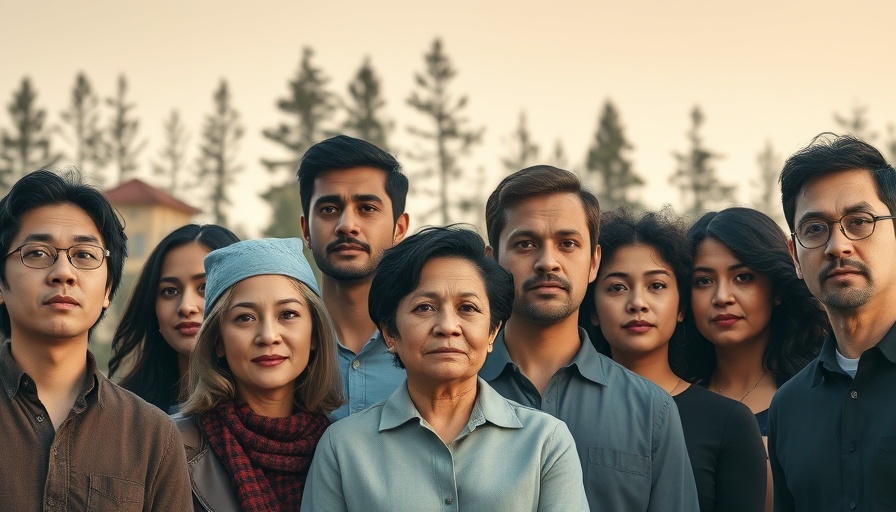
Understanding the Early Exposure to Pornography
Today, children encounter pornography at increasingly younger ages, often between 8 and 11 years old. This early exposure is alarming and underlines the necessity for proactive conversations between parents and children about this sensitive subject. Instead of waiting until after a child has first stumbled upon explicit content, the aim should be to educate them beforehand. Parents can arm their kids with the knowledge and tools to handle such situations effectively. By engaging in this dialogue early, parents can dispel misconceptions, foster understanding, and pave the way for open and honest discussions.
In "How to Save Kids From Becoming Addicted to Porn," the discussion dives into effective parenting strategies, exploring key insights that sparked deeper analysis on our end.
The Need for Open Conversations
Many parents find the topic of pornography uncomfortable. However, this discomfort often leads to silence, while the world bombards our kids with explicit content through various media, from advertisements to social media. In the video "How to Save Kids From Becoming Addicted to Porn," Greta Eskridge emphasizes that this silence can create a false sense of safety. It’s crucial for parents to create an open environment where children feel safe to discuss what they encounter, paving the way for a healthy understanding of sexuality, relationships, and the potential pitfalls of pornography.
Strategies for before the Exposure
A significant message in Eskridge's discussion is the emphasis on having what she refers to as "drip irrigation" conversations—short, regular discussions about pornography instead of one awkward 'talk.' For example, introducing the concept of pornography in an age-appropriate way can help a child understand what it is and what to do if they encounter it. Simple statements like "If you ever see inappropriate pictures, I want you to stop and come find me" provide children with clear action steps. This proactive approach diminishes their vulnerability while fostering a sense of trust and open communication.
Creating Trust and Safety
When a child sees something inappropriate, the initial reaction of a parent can set the tone for future conversations. According to Eskridge, if a child confides in you about encountering pornography, the parent must respond with love and understanding. Affirmation of the child's honesty, a comforting hug, and clarity about how one should feel after viewing pornographic material fosters an environment of safety. By normalizing these conversations, parents ensure their children know that they can come back with any issues in the future without fear of punishment or shame.
The Importance of Preparation
Equipping children with a “porn plan” allows them to handle encounters with pornography in a relatable and constructive way. The plan suggests actionable steps: prepare for the unexpected with practical advice. Eskridge illustrates that when parents pray for guidance, they can approach these sensitive moments with patience, kindness, and grace. This helps create an emotionally safe space, making children more likely to open up about their feelings and experiences.
Why Discussions Matter
As kids start to grow older, their exposure to various media increases—friends, schools, and social platforms do not adhere to parental controls. Parents need to move beyond filters and create a culture of communication regarding sensitive topics like pornography. Discussions bolster resilience against societal pressures, equipping children to resist the harmful impacts of porn and enhancing their understanding of healthy relationships.
Building Confidence and Understanding Emotional Responses
The emotional fallout from discovering a child has seen pornography can be significant. Parents might feel anguish or betrayal, especially if they have personally struggled with similar issues. Greta Eskridge’s advice reminds us to be honest about our feelings and use our history to help our children navigate their challenges. This vulnerability can create a powerful bond and help children feel secure in their relationship with their parents. Acknowledging struggles allows for authentic conversations, reinforcing trust and empathy.
If you feel overwhelmed by the thought of discussing this topic with your children, remember that authentic conversations can be transformative. Greta’s book, "It's Time to Talk to Your Kids About Porn," serves as a comprehensive guide that not only covers crucial discussions parents should have but also equips them with scripts and practical steps. As parents, investing time in these discussions can foster confidence and security in your children from a young age.
 Add Row
Add Row  Add
Add 








Write A Comment